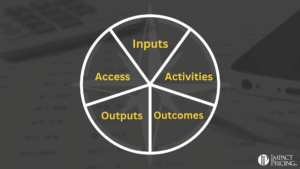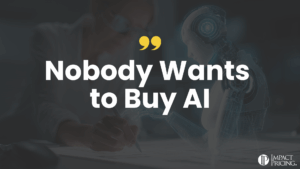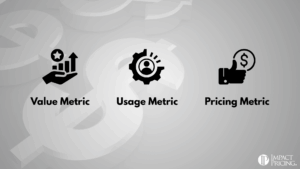You can listen to the full audio version of this blog we call — Blogcast.
Behavioral Economics, like any power, can be used for good or evil. I recently interviewed Kristen Berman on the Impact Pricing podcast, who provided excellent examples of using BE to improve the user experience in product design. What an excellent use of BE. I often profess a Good, Better, Best portfolio strategy rooted in BE. I believe this helps buyers make good decisions.
But at its worst, BE tricks people into making decisions they wouldn’t usually make. I’ve written how I despise the mandatory “fees” that get added to some purchases, especially resort hotels. The DC Attorney General, Brian Schwalb, is now suing Stubhub for these junk fees.
I don’t know anything about the legality of the situation, but there was a fascinating data point in the article on AFRO News. In 2014 and 2015, Stubhub used all-in pricing, meaning no “junk fees.” They then A/B tested offers where they lowered the ticket price but added junk fees to make the final price the same. Guess what? More people were “tricked” into buying when they were initially shown the lower costs. I say “tricked” because the shopper didn’t have complete information while deciding.
Of course, this isn’t a surprise. Behavioral economists could have told us this. It wouldn’t surprise me if a behavioral economist advised StubHub. Of course, that doesn’t mean that BE is evil. But it can be.
I don’t know how to define BE ethics. If a company does A/B testing and finds that a blue font convinces more people to buy than a red one, is that unethical? Obviously, they are influencing buyers in some ways completely unrelated to the price/value trade-off. But that doesn’t feel nearly as bad as hiding fees.
If you think the red/blue study is unethical, do you think designing an attractive logo is unethical? After all, it may sway some shoppers.
Although I don’t know the answers, I support the DC District Attorney’s effort to stop junk fees. I hate them, and I think they give pricing people a bad reputation. I’d love to hear your thoughts on when you think BE is unethical and why.
Share your comments on the LinkedIn post.
Now, go make an impact!
 Tags: economics, price, pricing, value
Tags: economics, price, pricing, value













